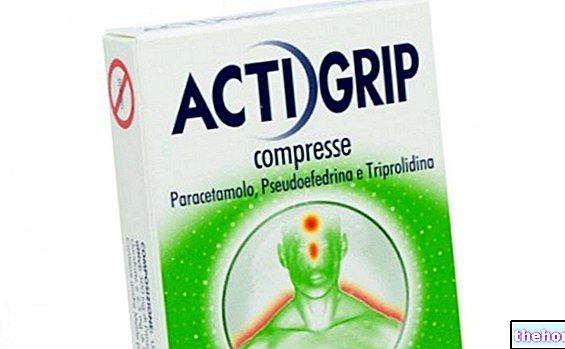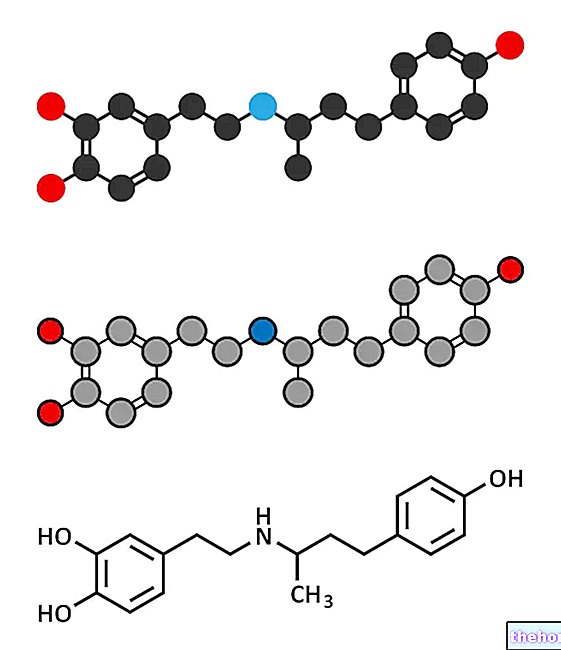
What is Remsima and what is it used for?
Remsima is an anti-inflammatory medicine that contains the active substance infliximab. It is usually used when other medicines or treatments are not working in adults with the following diseases:
- rheumatoid arthritis (a disease of the immune system causing inflammation of the joints). Remsima is used with methotrexate (a medicine that acts on the immune system);
- Crohn's disease (a disease causing inflammation of the digestive tract), when the disease is moderate to severe or fistulising (with formation of fistulas, abnormal passages between the intestines and other organs);
- ulcerative colitis (a disease causing inflammation and ulcers in the lining of the intestine);
- ankylosing spondylitis (a disease causing inflammation and pain in the joints of the spine);
- psoriatic arthritis (a disease causing red scaly patches on the skin and inflammation of the joints);
- psoriasis (a disease causing scaly red patches to form on the skin).
Remsima is also used in the treatment of severe, active Crohn's disease or severe, active ulcerative colitis, in patients aged six to 17 who have not responded or who cannot be treated with other medicines or therapies. For full details, see the Summary of Product Characteristics (included in the EPAR). Remsima is a 'biosimilar' medicine. This means that Remsima is similar to a biological medicine (the 'reference medicine') already authorized in the Union. European Union (EU) and that Remsima and the reference medicine contain the same active substance. The reference medicine for Remsima is Remicade. For more information on biosimilar medicines, see the question and answer document here.
How is Remsima used - infliximab?
Remsima is available as a powder to be made up into a solution for infusion (drip) into a vein. The medicine can only be obtained with a prescription and treatment should be started and supervised by a specialist doctor experienced in the diagnosis and treatment of the diseases that Remsima is used for. Remsima is usually given at a dose of 3 mg per kilogram of body weight in rheumatoid arthritis, although the dose can be increased if necessary. For other diseases, the dose is 5 mg per kilogram. Treatment depends on the disease being treated and the patient's response to the medicine. Remsima is given as an infusion lasting one or two hours. All patients are monitored for any reactions during the infusion and for at least one or two hours later. To reduce the risk of infusion-related reactions, patients may be given other medicines before or during treatment with Remsima, or the rate of infusion may be slowed. For more information, see the package leaflet. Patients treated with Remsima should receive a special alert card, which summarizes the information regarding the safety of the medicine.
How does Remsima work - infliximab?
The active substance in Remsima, infliximab, is a monoclonal antibody, which is an antibody (a type of protein) designed to recognize and attach to a specific structure (called an antigen) in the body. Infliximab was designed to attach to a messenger. chemical in the body, called tumor necrosis factor alpha (TNF-alpha). This messenger is involved in the inflammatory process and is found at high levels in patients with the diseases for which Remsima is indicated. By blocking TNF-alpha, infliximab improves inflammation and other symptoms of disease. Remsima is produced by a method known as 'recombinant DNA technology.' Infliximab is made up of cells that have received a gene (DNA), which makes them able to produce it
What benefit has Remsima - infliximab shown during the studies?
Remsima was studied to show that it is comparable to the reference medicine, Remicade. Remsima was compared with Remicade in one main study involving 606 adults with rheumatoid arthritis. Patients were treated with Remsima or Remicade in addition to methotrexate for 30 weeks. The main measure of effectiveness was the change in symptoms.After 30 weeks of treatment, Remsima was as effective as Remicade, with approximately 60% of patients responding to treatment with either medicine.
An additional study was performed in 250 patients with ankylosing spondylitis to show that Remsima produces levels of the active substance in the body that are comparable to those of the reference medicine, Remicade.
What is the risk associated with Remsima - infliximab?
The most common side effects with Remsima (seen in more than 1 in 10 patients) are viral infections (such as flu or cold sores), headache, upper respiratory tract infection (colds), sinusitis (inflammation of the sinuses), nausea , abdominal pain (stomach pain), infusion-related reactions and pain. Some side effects, including infections, may be more common in children than in adults. For the full list of side effects reported with Remsima, see the leaflet. illustrative. Remsima must not be used in patients who have had hypersensitivity (allergy) to infliximab in the past or who are hypersensitive (allergic) to mouse proteins or any of the other ingredients of Remsima. Remsima must not be used in patients with tuberculosis, other severe infections or moderate or severe heart failure (inability of the heart to pump enough blood around the body).
Why has Remsima - infliximab been approved?
The Agency's Committee for Medicinal Products for Human Use (CHMP) decided that, in accordance with EU requirements, Remsima has been shown to have a comparable quality, safety and efficacy profile to Remicade. Therefore, the CHMP considered that, as in the case of Remicade, the benefits outweigh the identified risks and recommended that Remsima be approved for use in the EU.
What measures are being taken to ensure the safe and effective use of Remsima - infliximab?
A risk management plan has been developed to ensure that Remsima is used as safely as possible. Based on this plan, safety information has been added to the summary of product characteristics and package leaflet for Remsima, including the appropriate precautions to be followed by healthcare professionals and patients. In addition, the company that markets Remsima will provide educational material for doctors to prescribe the medicine for adults and children, including advice on the medicine's safety and an alert card to be given to patients. The company will also carry out studies to confirm the long-term safety of the medicine.
Other information about Remsima - infliximab
On 10 September 2013, the European Commission issued a "Marketing Authorization" for Remsima, valid throughout the European Union. For the full version of Remsima's EPAR, please consult the Agency's website: ema.Europa.eu / Find medicine / Human medicines / European public assessment reports For more information on Remsima therapy, read the package leaflet (included with the EPAR) or contact your doctor or pharmacist. Last update of this summary: 09/2013
The information on Remsima - infliximab published on this page may be out of date or incomplete. For a correct use of this information, see the Disclaimer and useful information page.



























